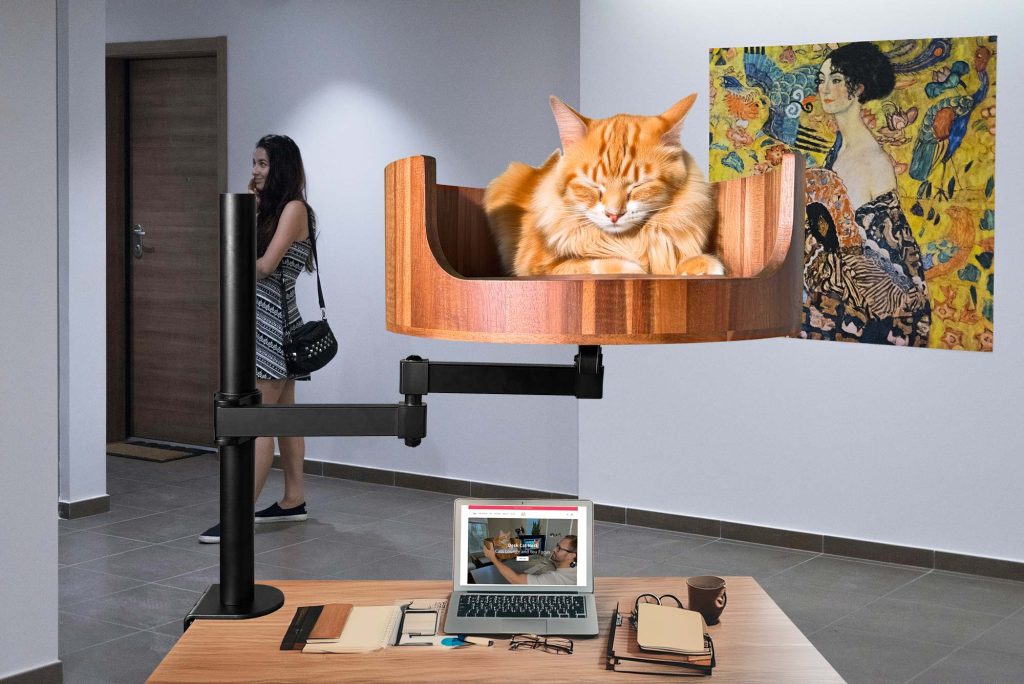Have you ever caught your dog digging through the litter box for a tasty treat? If so, you’re not alone. This common behavior, known as coprophagia, can be both frustrating and confusing for pet owners. In this article, we will explore the reasons behind why dogs eat cat feces, as well as offer some strategies for managing and preventing this behavior.
First and foremost, it’s important to understand that dogs are naturally curious and opportunistic animals. They may be drawn to the smell and texture of cat feces simply because it’s something new and interesting to explore. Additionally, some dogs may exhibit this behavior as a way to seek out nutrients that they feel are lacking in their diet. However, it’s crucial to address this behavior promptly, as eating cat feces can pose health risks to your dog and lead to potential parasite infestations. Stay tuned as we delve into the reasons behind this behavior and provide you with practical tips for addressing and preventing it in your furry friends.
1. Coprophagia, the act of a dog eating cat feces, is a common behavior that can be concerning but is usually harmless.
2. This behavior may stem from natural instincts, such as scavenging for nutrients or mimicking pack behavior.
3. While gross, eating cat poop is unlikely to cause health issues in most dogs, but it’s important to monitor for digestive problems.
4. To discourage this behavior, pet owners can try strategies like keeping litter boxes separate, training dogs to leave it, or using deterrents.
5. Consulting a veterinarian can help rule out underlying medical conditions and provide guidance on managing coprophagia effectively.
Why Dogs Eat Cat Poop
Dogs eating cat poop, also known as coprophagia, can have various reasons behind this behavior. One common explanation is that dogs are attracted to the smell and taste of cat feces, which may contain undigested nutrients that are appealing to them. Another reason could be related to a dog’s natural instinct to scavenge for food, leading them to consume any waste they come across. Additionally, some dogs may exhibit this behavior due to stress, boredom, or attention-seeking.
Health Risks of Eating Cat Poop
While dogs may find cat poop enjoyable, it can pose several health risks to them. Consuming cat feces can expose dogs to intestinal parasites, bacteria, and other harmful pathogens that can lead to digestive issues, vomiting, diarrhea, and even more severe illnesses. In some cases, repeated consumption of cat poop can result in nutrient deficiencies and weight loss in dogs. Therefore, it is crucial to prevent dogs from eating cat feces to safeguard their health.
Strategies to Prevent Dogs from Eating Cat Poop
There are several approaches pet owners can take to deter dogs from eating cat poop. One effective method is to make sure the cat’s litter box is placed in an area inaccessible to the dog, such as behind a baby gate or inside a closed room. Keeping the litter box clean and scooping it regularly can also help minimize the temptation for dogs to indulge in cat feces. Training dogs to “leave it” or providing them with alternative, more appealing treats can redirect their behavior away from eating cat poop. It is essential to be consistent and patient in implementing these strategies to successfully curb this undesirable habit in dogs.
Frequently Asked Questions
Can Desk Cat Nest help with my dog eating my cat’s poop?
While Desk Cat Nest is designed to provide a cozy and safe space for your cat, it may not directly solve the problem of your dog eating your cat’s poop. You may need to address this behavior separately through training and behavior modification techniques.
Is Desk Cat Nest suitable for households with both dogs and cats?
Yes, Desk Cat Nest can be a great addition to households with both dogs and cats. It provides a separate, elevated space for your cat to relax and feel safe, away from the reach of your dog.
How can I prevent my dog from accessing my cat’s litter box?
One way to prevent your dog from accessing your cat’s litter box is by placing the litter box in a location that is inaccessible to your dog, such as behind a baby gate or in a room that your dog cannot enter.
Are there any other tips for managing my dog’s behavior of eating my cat’s poop?
In addition to using Desk Cat Nest, you can try training your dog to leave the litter box alone by using positive reinforcement techniques. You can also consider providing your dog with plenty of toys and activities to keep them mentally and physically engaged.
In conclusion, investing in a Desk Cat Bed is a valuable choice for pet owners dealing with the issue of a dog eating their cat’s poop. Not only does the Desk Cat Bed provide a safe and secluded space for your cat to do their business, but it also prevents your dog from accessing the litter box and consuming feces. By giving your cat a designated space for their needs, you can protect your dog’s health and well-being. With its convenient design and numerous benefits, the Desk Cat Bed is a practical solution for keeping your pets happy and healthy.


